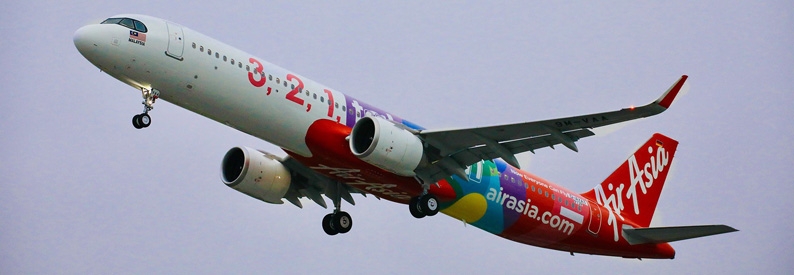AirAsia and Airbus agree to rework aircraft orders

Airbus (AIB, Toulouse Blagnac) has agreed to reschedule delivery or cut prices for hundreds of aircraft that AirAsia Group has ordered, a move aimed at salvaging a contract still worth tens of billions of dollars, anonymous “industry sources” told Reuters news agency on September 17.
The restructuring reset reestablishes relations between the two companies, the sources claimed – a close partnership that was ruptured by the crash in air travel demand instigated by the coronavirus crisis.
The deal – key to the controversial restructuring of the group’s low-cost long-haul unit AirAsia X and to AirAsia itself – would provide more certainty about the fate of around 400 A320 Family aircraft yet to be delivered to the group.
The agreement involves new delivery schedules, price reductions, and other improvements for the company but no cancellations, the sources said.
According to the ch-aviation fleets advanced module, AirAsia currently operates two A321-200NXs with an additional 349 of the type on order. It also operates twenty-nine A320-200Ns, with a further thirteen of this type on order, and sixty-five A320-200s. AirAsia X, meanwhile, has thirty A321-200NX(XLR)s – as well as seventy-eight widebody A330-900Ns – on order.
Contacted by ch-aviation, both AirAsia Group and Airbus declined to comment.
Meanwhile, in related news, the financial services provider CGS-CIMB has pointed out the need for AirAsia Group to shore up the funds of its shareholders if it wants to avoid being delisted on Bursa Malaysia. The group is vulnerable to falling into the stock exchange’s Practice Note 17 (PN17) category, which relates to companies that are in financial distress, by January 2022, the Singapore-based financial services firm said.
Companies that fall within the definition of PN17 need to submit to the authority a proposal to restructure and revive the company in order to maintain listing status.
“Companies like AirAsia, where its auditor has expressed ‘material uncertainty’ regarding going concern in its audit opinion for FY20, will need to demonstrate shareholders’ positive funds of at least half of its paid-up share capital in order to avoid being classified as PN17,” CGS-CIMB said, adding that this means AirAsia Group has about five months to address its shortfall in its shareholders’ funds of just over MYR6.65 billion ringgit (USD1.59 billion).
